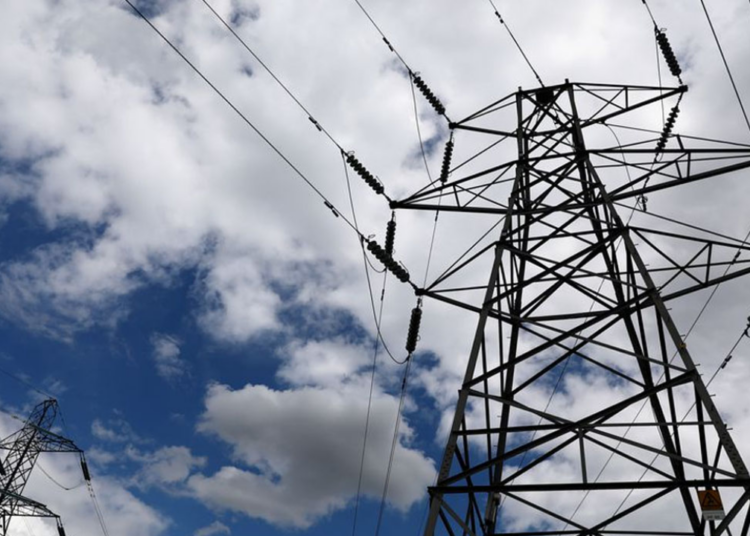Manufacturers Association of Nigeria (MAN) stated that the new Electricity Act will see to the drastic fall in the cost of alternative energy incurred by its members, which will boost their profit margin.
Last year, the total amount spent by MAN’s members on alternative energy surged from N77.21 billion in 2021 to N144.47 billion.
On position of MAN on the Electricity Act 2023, the director-general of MAN, Segun Ajayi-Kadir stated that, “in replacement of the Electricity and Power Sector Reforms Act 2005, the Electricity Act 2023 is aimed at providing an all-inclusive framework which will serve as a guide to the decentralization of the power sector in order to encourage private investment and build a competitive electricity market.”
He noted that the current power supply is apparently inadequate to satisfy the energy requirements of the manufacturing sector and the entire population, saying, “as the largest energy access deficit in the world, Nigeria’s shortage of electricity supply has been identified as a hindrance to the profitability of manufacturers with an annual economic loss valued at about N10.1 trillion or 2 percent share of the country’s GDP.
“The unfavourable situation has positioned the country among the worst countries to do business with a rank of 171 out of 190. Notwithstanding, the Electricity Act 2023, if well implemented, promises to be a major game changer for the manufacturing sector as it will reduce cost of alternative energy; competitive and lower electricity tariff; improvement in inflow of Foreign Direct Investment (FDI) and manufacturing performance; among others.”
Ajayi-Kadir added that the signing of the Electricity Act 2023 is a major step towards the right direction, stating that, “following the removal of subsidy, this is another reflection of the boldness and commitment of the new administration towards the diversification and decentralisation of the power sector.
“The empowerment of the state governments and private investors, the adoption of renewable energy and the reformation of the governance structure of the power sector are capable of driving investment, improving electricity access and fostering economic growth.”
He, however, said: “the following recommendations must be considered to avoid truncating the potential benefits of the Electricity Act: tighten the security infrastructure as no investor wants to do business in a terrorized economy; render legal, financial and technical supports to state governments yet to establish electricity market laws; State governments should partner with existing agencies and operators in the power sector as the costs of building new power distribution networks can render the investment less lucrative; and streamline NERC and states’ regulations to avoid bottlenecks for multistate investors.”
He further added that, there is need to address the uneven distribution of gas to avoid delay in states’ execution of mega-power projects, saying, while states concentrate on small confined democratized power supply systems, there is need to have in the pipeline a long-term plan of ensuring operational efficiency of the national grid.
He pointed out that the success of the Act largely rests on its effective implementation.





